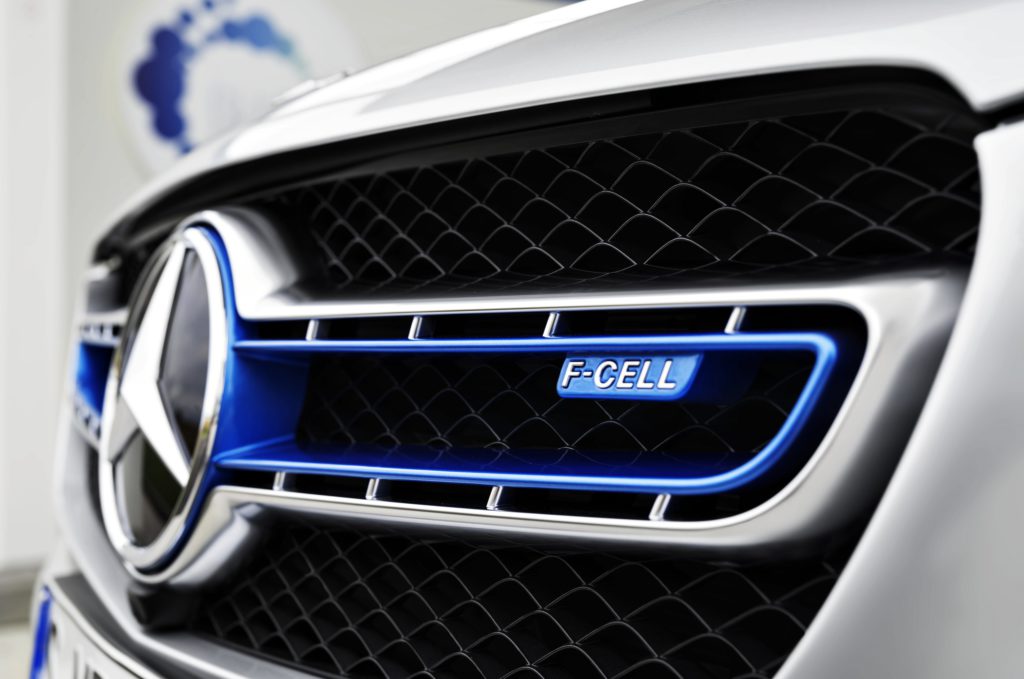Daimler halts development of hydrogen for passenger vehicles
23 April 2020

23 April 2020
Daimler has pulled out of developing hydrogen fuel cells for passenger cars, instead focusing its efforts on making the technology viable for the commercial vehicle market.
The German carmaker announced earlier this week that it was entering a joint venture with Volvo Group to create fuel cells for trucks, believing this to be the most relevant area for the technology. As a result, the company will no longer pursue hydrogen in passenger cars, which it has been working on since 2013.
Currently, Daimler manufactures the GLC F-Cell model at its facility in Bremen, Germany. It will cease this operation, which, due to the costs involved, had only manufactured a few hundred units for business partners. The company never made the vehicle publically available.
The model was the result of a 2013 agreement with Ford and Nissan to launch fuel cell vehicles at the same time to encourage investment in hydrogen infrastructure. Only Daimler followed through to produce a fuel-cell vehicle for road use.
Europe wary
While hydrogen is touted as a natural successor to petrol and diesel by Asian carmakers, like Toyota and Hyundai, the technology has found less favour in Germany. BMW is working with Toyota on fuel-cell development for SUVs but has announced the technology is still a decade away from being ready. JLR is also looking into hydrogen development, but only appointed a head of hydrogen and fuel cells in March last year, and has yet to begin research.
With strict CO2 emission targets set by the European Union, carmakers instead need to look to readily available zero-emission technology over the next decade, and that means the development of electric vehicles must take priority. Creating such technology is not cheap, and therefore financial resources are stretched.
Daimler itself is experiencing something of a financial crisis, and the current coronavirus outbreak has not helped the company’s cause. In its Q1 2020 figures, due later this month, the German firm is expected to announce a drop of 78% in its profits. With sales collapsing and production halted, the carmaker is not expecting an easy ride in 2020. It is therefore likely that the cancellation of its passenger hydrogen programme is part of a measure to cut costs, and this may not be the last announcement about development halts in the automotive industry.
Logistics best
Fuel-cell drivetrains are considered more suitable for heavy trucks where battery packs are too heavy and affect truck payload limits imposed by governments to promote greater traffic safety and minimise road damage. Also logistics firms do not want trucks sitting for long periods while they charge batteries, and many deliveries are time-sensitive.
Yet Daimler’s deal with Volvo does keep the door open for a potential return to passenger-car development.
′The GLC car project is nearly done. As we speak, the last GLC fuel cells will be produced and handed over to customers. At the moment we don’t plan another car,’ Daimler Trucks CEO Martin Daum said when the agreement was announced.
When asked what this potential deal means for fuel-cell applications in passenger cars in the future, Daum was optimistic but non-committal.
′We have all the possibilities to come back anytime if there is a market and a necessity,’ he said.